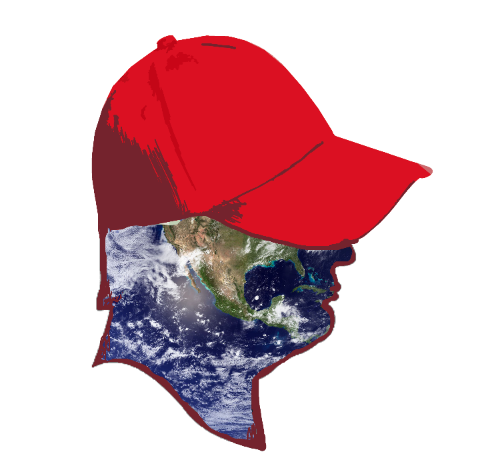Ep. 64: So Long Clean Power Plan. It Was Nice Knowing You.
It feels like a million years ago, but once upon a time the Obama administration created a sweeping rule to curb carbon emissions from the power sector. The Clean Power Plan would have dealt a big blow to coal fired power plants around the country. But when he took office, President Trump undid that plan. And now his administration has offered a replacement: the affordable clean energy (ACE) rule. The new plan throws out many of the initiatives outlined by its predecessor. Instead of encouraging states to get rid of coal in favor of cleaner sources it will mandate modest improvements in efficiency at coal fired power plants. Critics say it basically does nothing to prevent climate change at a time when global warming is turning into an existential crisis.
One of those critics is Jody Freeman, our guest on this episode. Freeman served in the Obama White House as counselor for energy and climate change. She’s the founder of Harvard’s environment and energy law program.
Freeman explains that Obama's standards were ambitious and they sought to limit carbon pollution coming from the oldest and dirtiest power plants in the country. Over time the projection was that they would have improved on greenhouse gas emissions by reducing them up to almost 20 percent below what would have happened anyway in the economy by 2030. By comparison, the Trump plan would reduce emissions from the electric power sector by less than 1 percent by 2030.
“You can see just with that comparison that the Trump plan is actually designed to do almost nothing to deal with carbon pollution from the electric power sector.”
But Freeman says that what is in the rule may not be nearly as important as what the courts decide to do with it. It will certainly be challenged in court, she says, and we should pay attention to that fight.
“It's very interesting that a rule that purports to be trying to reduce pollution - by their own projection - might increase it,” Freeman says. “There is a part of the proposal that would allow coal plants to update or upgrade, allowing them to run longer without putting any pollution controls on. That's kind of a life extension project for coal plants.”
If that happens, Freeman explains, the coal plants might actually be running so much longer that we’d get a net increase in greenhouse gas emissions.
“So a policy that says that it's supposed to be reducing pollution actually increases it under certain projections. And I think a court might have a hard time with that and say how could this be defended as a rational plan.”
Freeman says that she can imagine a scenario where a new president could go back into court and say what the Trump administration said four years before: please don't decide this case because we are going to rescind and replace this rule.
“You could imagine getting a new presidential administration and having no court ever having ruled on either the Obama plan to reduce CO2 from the power sector or the Trump administration's effort to actually do very little to reduce that pollution,” Freeman says. “You might end up with no decision at all. That's entirely possible.”
Jody Freeman was our guest on the very first episode of Trump on Earth. We turned to her then to get an idea of what Trump cold and couldn’t do as president when it came to environmental policy. She says when Trump came into office, there was a certain amount of optimism about the constraints on how far he could go. But now she says his administration is responsible for the most significant environmental rollbacks in U.S. history.
“And the reason I say that is that he did every single thing that we put on the worst case scenario list,” Freeman says. “He hasn't accomplished all those things, but he certainly embarked on an effort to unravel every aspect of the Obama administration's climate action agenda. And the reason I think it's the most significant environmental rollback in history is because of the scope and the scale of the climate challenge and also because of how many pieces of the puzzle the Obama administration had put in place.”
Freeman says the question now is how much of Trump’s agenda will wind up being accomplished. That depends on what the courts do. And it depends on the next presidential election.
“So we are still going to have to wait and see.”
>>Listen to the rest of our interview with Jody Freeman below or wherever you get your podcasts.


